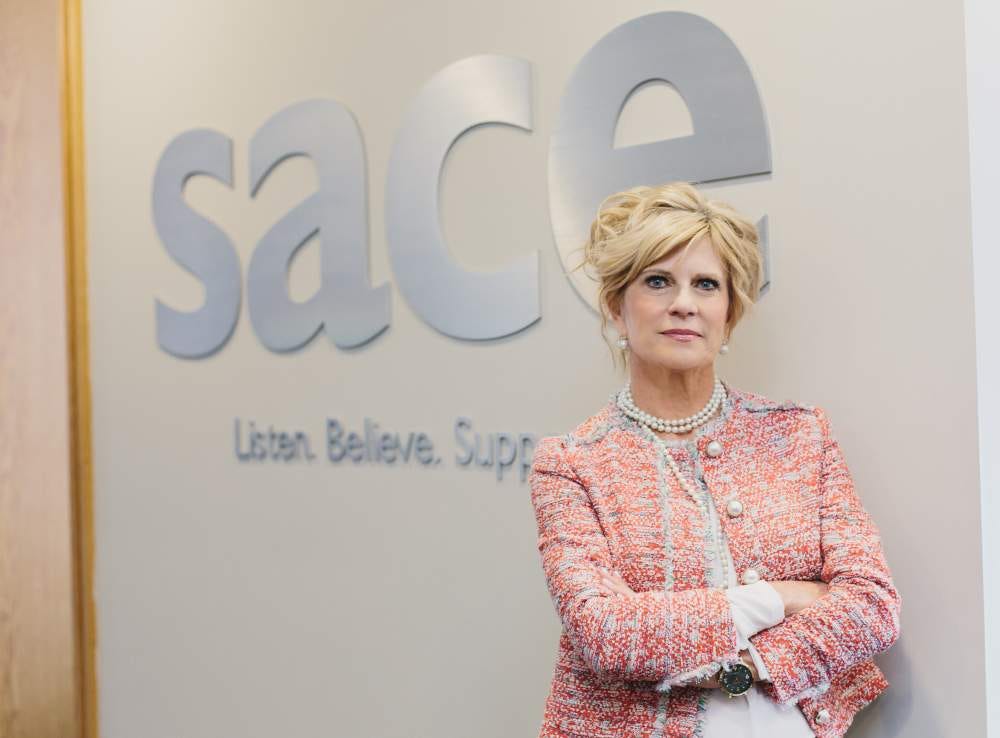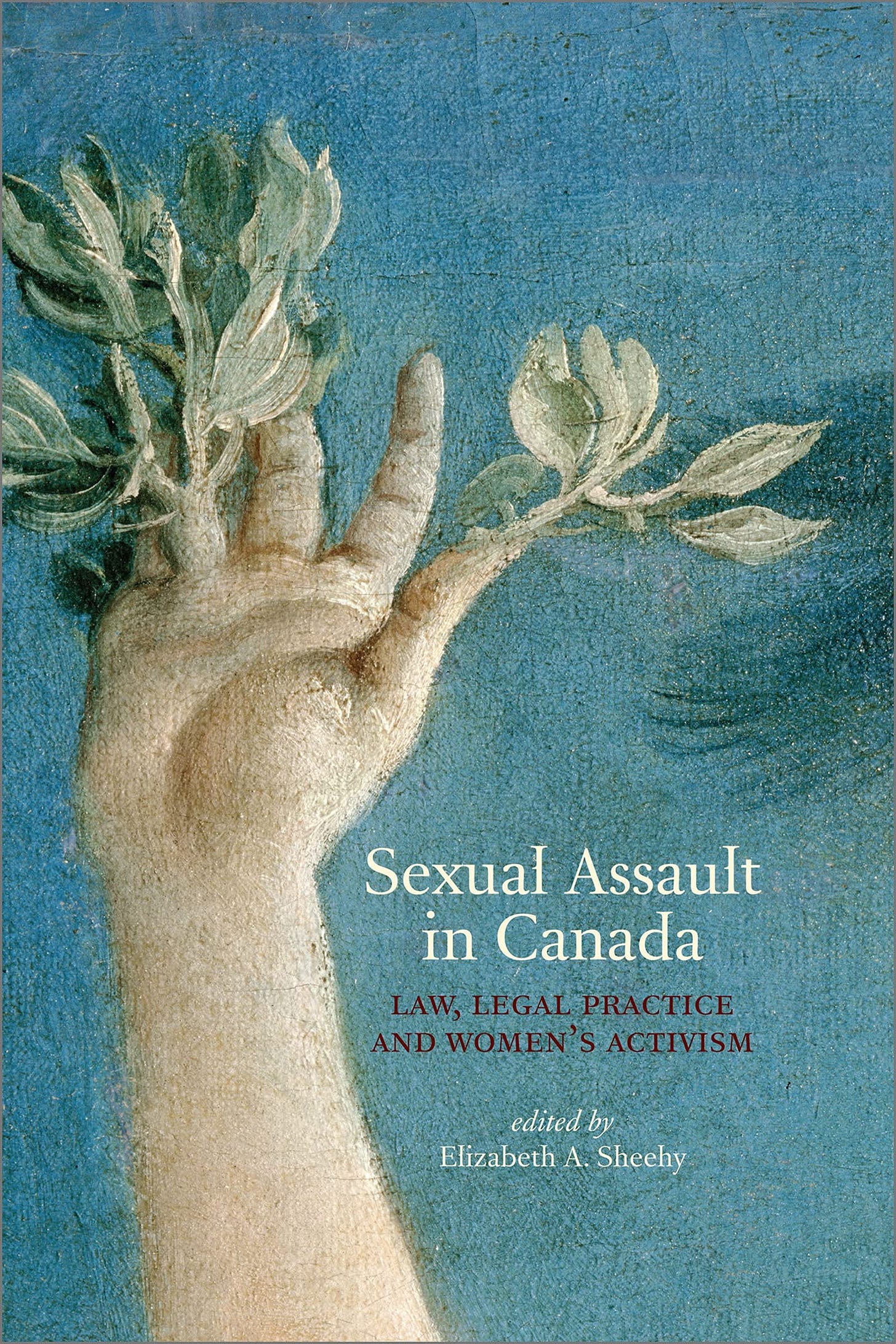Jake Virtanen Was Made a Scapegoat for Hockey’s Alleged Sexual Sin
Febrile feminist commentators no longer even pretend to respect not guilty verdicts
NHL forward Jake Virtanen’s once-promising career with the Vancouver Canucks was torpedoed by a rape allegation, and even after he was acquitted in a court of law, detractors have demanded he be shunned as a sexual predator.
In the summer of 2021, Virtanen was first suspended and then bought out by the Canucks after a woman alleged that he had sexually assaulted her in his hotel room in September of 2017. The woman had accompanied Virtanen to his room after a night of partying. She claimed that after she repeatedly refused his sexual overtures, he forced himself on her; Virtanen said the sex had been consensual.
The fact that the complainant stayed the night with her alleged rapist and then waited nearly four years to tell anyone or report to police may have played a role in the jury’s decision, in July of 2022, to find Virtanen not guilty. It was a He said/She said story that simply did not prove guilt.
Feminist advocates, however, couldn’t care less about the verdict, and many hockey commentators seem to feel the same way.
Mary Jane James, CEO of the Sexual Assault Centre of Edmonton, was adamant in interview with Canada’s state broadcaster that the allegation mattered far more than the verdict, and that no team in the NHL should touch Virtanen. Referring to the decision by the Edmonton Oilers to sign Virtanen to a 2-month tryout last month, James accused Oilers’ leadership of “taking the verdict at face value, regardless of what the allegations were.” It didn’t seem to matter to James that our entire justice system relies on the acceptance of verdicts over unproven allegations.
In James’ expressed opinion, any man accused of a “very, very serious” sexual crime (and what sexual crime would she not consider serious?) should be presumed guilty. Hockey teams, she insisted, need to send a message that “We are not going to associate with anyone who has this history” (i.e., of being accused).
It is an extraordinarily crude statement of contempt for the cherished principles of western jurisprudence—and would presumably not apply to Mary James herself if she were ever tried and acquitted—but it corresponds fairly closely with the thrust of recent feminist activism: Accused men should be made pariahs, and so should anyone who refuses to participate in their shunning.
Feminists have long expressed frustration with “beyond a reasonable doubt” as a standard of proof in rape cases. In a lengthy chapter for a book about feminist perspectives on sexual assault, law student Meagan Johnston made it clear that women were fully justified in adopting a different proof standard and in seeking remedies for male transgression outside the justice system: in community punishments, whisper networks, and campaigns of mass shaming.
Referring with approval to a group in Edmonton known as the Garneau Sisterhood, she described its alternative conception of justice: “If someone claims to have been assaulted, the Sisterhood believes her [sic]. Individual accounts of rape do not have to be measured against some standard of truth and accountability—they are accepted at face value” (p. 277). Johnston commended the grassroots group for their “vibrant, dynamic, and empowering model of fighting back against rape” (p. 300).
Johnston’s chapter was published in 2012, and in the decade since then, we have witnessed the fruits of the feminist “truth” standard. During the much-publicized 2016 sexual assault trial of Canadian media personality Jian Ghomeshi, activists gathered on the Toronto courthouse steps to affirm support for his three accusers despite the complainants’ proven lies to police and on the witness stand. An atmosphere of punitive hysteria similarly attended Brett Kavanaugh’s Supreme Court nomination hearings, notwithstanding the flimsy, decades-old and unsubstantiated claims of his child-voiced accuser. During the trial of movie mogul Harvey Weinstein, both of whose accusers had maintained a romantic relationship with him after the alleged rapes, many feminist advocates openly called for a “trauma-informed” framework to justify accusers’ omissions and self-contradictory behaviors. No matter how implausible a woman’s accusation, according to feminist thinking, an accused man should always face a harsh reckoning.
Such attitudes apply, it seems, with particular vehemence to hockey players, who may well qualify as the most vilified in the feminist pantheon of abusers. Feminist journalists such as Laura Robinson have repeatedly made the connection between the alleged glorification of male violence in hockey and the alleged affirmation of men’s right to sexually coerce women. Recently, a massive hullabaloo, and loss of corporate sponsorship, has followed the publicization of two separate allegations of rape, one from 2018 and the other dating back to 2003, against members of Canada’s World Junior hockey teams. The 2018 allegation was investigated and closed by London, Ontario police; but has since been reopened amidst the outcry. Also in 2018, after a sensational case that dragged on for more than four years and ruined many young men’s career dreams through the suspension of the entire varsity team, two University of Ottawa hockey players were found not guilty of sexual assault amidst feminist expressions of dismay. One activist opined of their case that women were pushed back 50 years every time an accused man is found not guilty.
It is possible that Virtanen’s career might have petered out even without the allegation; he did not live up to the promise of his 6th draft pick status. However, the willingness of many commentators to refer unambiguously to the stain on his reputation shows how effectively feminist advocates have pushed their “Guilty even if not guilty” message. “The optics […] are terrible,” tweeted NHL writer Jeff Veillette of the Oilers’ tryout agreement with Virtanen, “and even if you think the results of his court case 100% absolve him, he’s also just plain not any good.” Hockey writer Ian Kennedy (He/Him pronouns) went further, telling his Twitter followers that “Not guilty does not mean not guilty. It means the burden of proof in the legal system is sloped heavily toward victims. No team should be signing this guy.” It’s not clear that such bigoted attitudes are shared by hockey fans at large, but it’s sickening to see commentators showing off their moral probity at Virtanen’s expense.
In the end, the Edmonton Oilers decided not to sign Virtanen following a lackluster tryout period during which he earned only one assist over six pre-season games. We’ll never know how much the outpouring against Virtanen influenced his play and/or the subsequent team decision. But it’s a certainty that Virtanen won’t be the last man forced to bear the punishing burden of hockey’s imputed sexual shame.







Let us be entirely clear. This about power. Period. Feminists have long demanded that a woman's say-so, regardless of how implausible or even impossible, should hold the power to destroy a man's reputation and livelihood, and take away his freedom. That is the whole point; sexual abuse is just the cover story.
If only these cowards would get a tiny taste of their own medicine they would surely be more likely to see their misandry. Then again, maybe not. lol